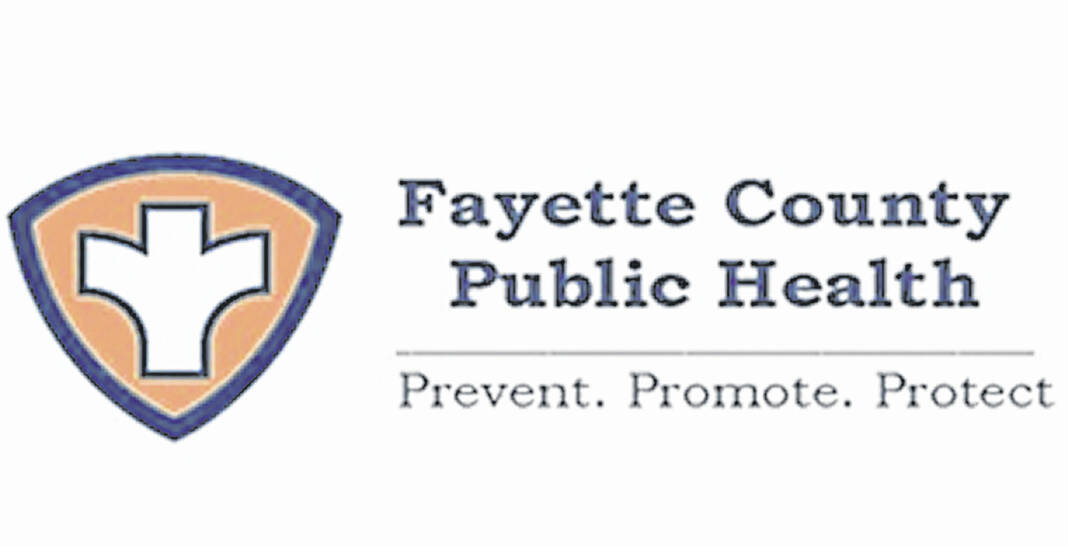
Confirmed flu-associated hospitalizations were up 263% in Ohio for the week ending Dec. 3 (the last week for which data is available). Six flu-related hospitalizations were reported to Fayette County Public Health (FCPH) in November and seven flu-associated hospitalizations have been reported in the first 12 days of December.
“We do not receive reports of positive cases for influenza,” said Leigh Cannon, MPH, FCPH deputy health commissioner. “Only the hospitalizations are reported.”
The flu (influenza) is a contagious disease that can be severe. Almost every year, the flu causes disease in millions of persons, hundreds of thousands get hospitalized, and tens of thousands die because of the flu according to the Centers for Disease Control and Prevention (CDC).
The predominant strain circulating is influenza A. This year’s vaccine is a very good match according to Dr. Rochelle Walensky, CDC director.
“We look in real-time as to how well we think the influenza match is to what’s circulating. And, right now, the good news is that it looks like it is a very good match,” Walensky said in a recent briefing.
Multiple respiratory viruses are currently co-circulating with the flu, including Respiratory Syncytial Virus (RSV), and COVID. Testing is important to determine appropriate treatment.
The Centers for Disease Control and Prevention urge you to take the following measures to protect yourself and others from the flu.
FCPH recommends that individuals follow these three steps to fight the flu:
Get Vaccinated
The first and most important step to protect yourself against flu viruses is getting a flu vaccine each year. All persons 6 months of age or older should get a flu vaccine.
Fayette County Public Health offers flu vaccinations by appointment. Call 740-335-5910 to schedule. Flu vaccines are also offered at physician offices, clinics, drugstores, university health centers, as well as from many employers and even at some schools.
Learn More: https:/cdc.gov/flu/consumer/vaccinations.htm
Avoid These Things
Avoid any close contact with sick people; avoid touching your eyes, nose, and mouth; cover your nose and mouth with a paper towel when coughing or sneezing, wash your hands frequently (with soap and water), and clean and sanitize the surfaces and objects that may be contaminated with the flu viruses.
If you get sick, limit your contact with other people as much as possible. Please remember to cover your nose and mouth with a paper towel when coughing or sneezing, and throw the paper towel into the garbage bin after using it. Stay at home until at least for 24 hours after the fever is gone, except to receive medical care or for other needs. (Before resuming your regular activities, your fever must have disappeared for about 24 hours without using a drug to decrease it).
Antiviral Drugs
If you catch the flu, antiviral drugs can be used to treat it. Take antiviral drugs if prescribed by your doctor.
Antiviral drugs can alleviate the symptoms and shorten the duration of the disease. They can also prevent severe flu complications, such as pneumonia.
The CDCs recommend the use of antiviral drugs during the early stages of treatment for persons who are very sick from the flu (such as: people who are hospitalized) and those who got it and are at high risk of severe complications, due to their age or to having a high-risk condition.
Learn more: https://www.cdc.gov/flu/treatment/treatment.htm
The Fayette County Public Health website features links to the latest COVID and flu activity reports. Visit faycohd.org for more information.

